Alternative Medicine Myths
When considering your medical options, ignore these common alternative medicine myths.
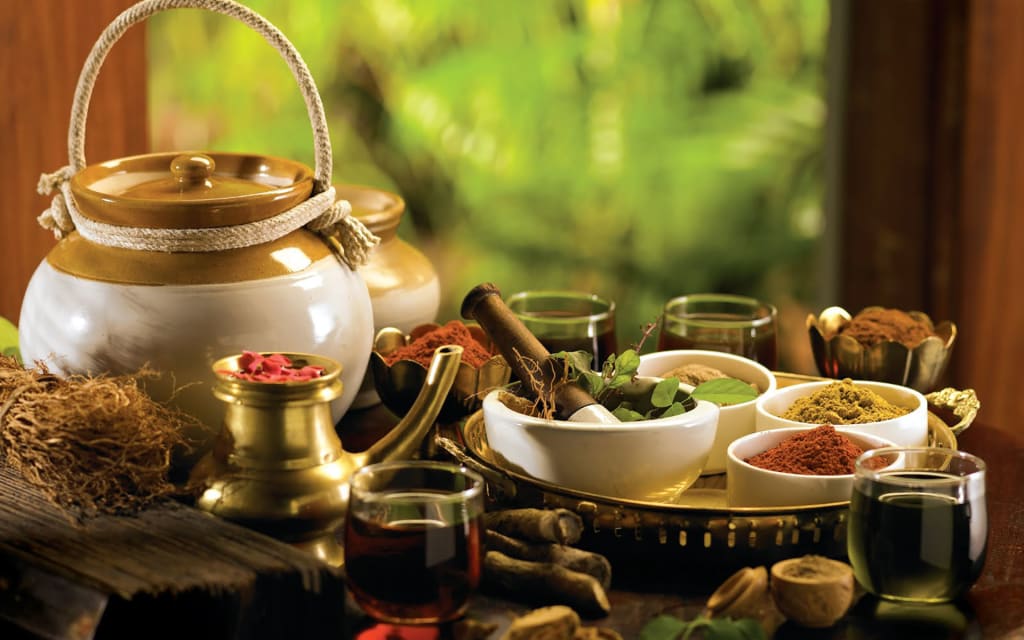
In the endless battle between alternative and mainstream medicine, an assortment of alternative medicine myths flourish. From easy to outlandish, myths regarding alternative health are notable and very much circulated crosswise over social media, and in the workplaces of medicinal staff. The world appears to be isolated on medicines. There are prescriptions your physician advises, and "alternative" medicines. Doctors normally prescribe "patent" prescriptions (despite the fact that they occasionally utilize that name). Few physicians endorse alternatives or natural medications; others favor Chinese medicines, others "conventional" medications. Prior to debunking alternative medicine myths, let’s first comprehend what alternative medications really are.
Comprehending the Term
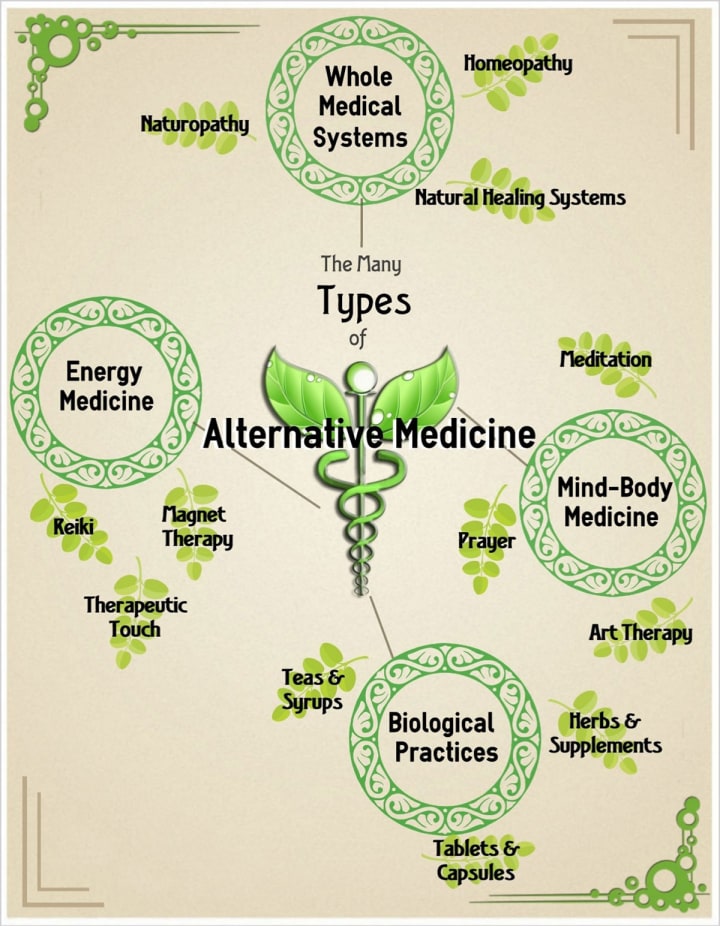
Alternative medicine is any practice that is advanced as having the healing impacts of medication. However, alternative medicine does not begin from proof accumulated utilizing the scientific technique, is not some portion of biomedicine, and is often repudiated by scientific confirmation or established science.
As indicated by the USFDA, there are no alternative medicines, there are just endorsed drugs. Also, as per the USFDA, only an endorsed medication can be lawfully cased to analyze, treat, cure, or keep any illness. This definition is questionable when when numerous non-medicines (as indicated by the FDA) can cure genuine diseases. Medicines are utilized to treat sicknesses.
Alternative medicines and alternative therapies are regularly seen on TV, on the radio, in print, and on the web. A few people assert that alternative meds don't work. A few even bring home the bacon contending that alternative meds don't work. In the meantime, numerous others claim that traditional drugs only work effectively for a few ailments. The fact of the matter is fairly convoluted. Initially, we start with a straightforward reality. Alternative medications don't exist. There is no definitive grouping called "alternative" medication. There is no scientific strategy for the FDA to recognize traditional vs alternative medications. There are no endorsement forms for "alternative prescriptions." The FDA Glossary of Terms does not really have a definition for "medicine," just for "drug." The following are some alternative medicine myths that many subscribe to. As alternative medicine rises to the forefront of society's awareness, it is important to stay informed regarding which are true and which are not.
You Have to Choose Between One or the Other
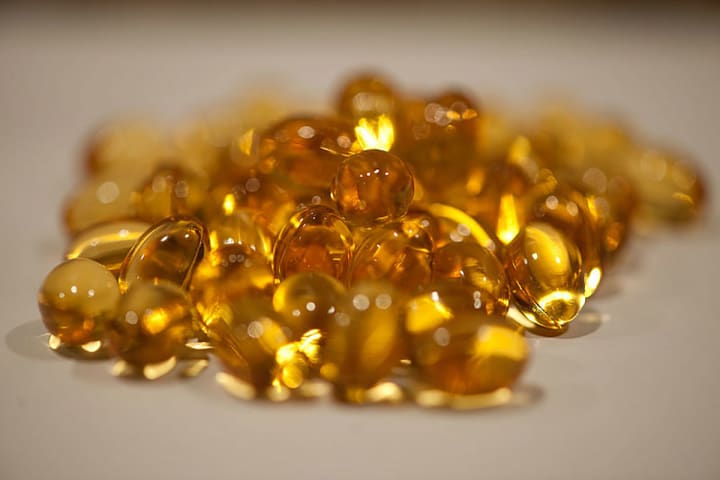
Photo by Yannis
One of the greatest myths out there is that we need to pick between alternative solutions and conventional drugs. The reality of the situation is that we don't need to decide. It's positively important to keep your healthcare providers informed of any treatments you are using, yet our wellbeing ought to never include a battle linking two methodologies. Specific parts of alternative care, for example, herbal supplements, knead treatment, chiropractic care, and others ought to be discussed with any conventional doctor we counsel to prevent negative interactions. That doesn't mean we need to look for only either. It's about balance.
Alternative Medicine Is Costly

Another alternative medicine myth is that it's costly. With its emphasis on deterrent care, particularly regarding eating great and endorsing standard self-care, alternative medicine may spare us cash over the long haul. The reality of the matter is that many alternative suppliers don't have the ability to keep prices low, as they often sell in smaller quantities than traditional suppliers. However, using alternative practices may decrease our requirement for future care, saving money in the future, making the up-front cost no more than an investment in the future.
Alternative Medicine Only Offers Placebo Effects

Another alternative medicine myth spread by cynics is that alternative medicine regimes only work because of a placebo effect when individuals get tied up with the charm when they begin treatment. However, studies have shown otherwise. A study published in The Journal of Nervous & Mental Disorders proposes that acupuncture therapy might be a very powerful treatment option for PTSD (post traumatic stress disorder). Following three months, subjects who got acupuncture therapy reported preferable results over PTSD subjects who didn't get treatment. There's likewise critical proof to demonstrate that electro-acupuncture therapy may give patients far and away superior results than customary acupuncture therapy. In a study published in Acupuncture & Electro-Therapeutic Research, patients with ceaseless tennis elbow treated with electro-acupuncture therapy reported fundamentally more noteworthy alleviation after six sessions over a two-week time span than individuals who received customary acupuncture therapy treatment.
Different medicines—for example, massage therapy—have been proven to support physiological and mental wellbeing. In an analysis from in the Journal of Alternative & Complementary Medicine, Swedish massage was shown to significantly affect the HPA (hypothalamic-pituitary-adrenal) axis. In the study, Swedish massages were shown to diminish levels of hormones connected with an anxiety reaction. Likewise, a study published in Science Translational Medicine proposed that massage treatment lessens irritation and advances the creation also reconstructing of skeletal muscle at the cell level.
Alternative Medicine Has No Oversight Or Logical Premise

As a part of the National Institutes of Health (an office of the US Department of Health & Human Services), NCCIH (the National Center for Complementary & Integrative Health) is the administration in charge of the scientific advancement of correlative and alternative medicinal services. Its statement of purpose is "to portray, via thorough scientific examination, the handiness and wellbeing of reciprocal and integrative intercessions also to give people in general research-based data to guide social insurance basic leadership." The NCCIH carry out research and sponsors studies that teach the general population as well as development the field of alternative medicine. Through advancing a psyche-body association, the NCCIH gives oversight, as well as a great part of the exploratory premise, to alternative solutions for health-care wants.
It's Alright To Take Natural & Professionally Prescribed Medications Together

One more alternative medicine myth is that taking an herbal supplement or using another form of alternative method is always safe to mix with traditional prescriptions. However, when mixed with different medicines, herbal supplements can cause adverse side effects. We ought to tell our doctors what supplements we're taking to guarantee that we're not inadvertently disrupting our wellbeing. The following supplements are only some of the supplements that are known cause interactions. (Note: this is not a comprehensive rundown)
- Garlic
- Dark cohosh
- Echinacea
- Cranberry
- Valerian
- St. John's wort
- Coenzyme Q10 (CoQ10)
- Evening primrose oil
- Ginger
You Don't Have To Tell Your Physician You Utilize Alternative Treatments

Photo by Thomas Hawk
Telling your physician about every medication you're using, whether alternative or traditional, is incredibly important. This includes herbal remedies and over-the-counter medications. Keeping your doctor very much educated ensures completely coordinated care as well as minimizes the danger of harmful interactions.
Alternative Medicine Gives a Snappy Fix or Supernatural Cure

Such proclamations are untrue. You ought to approach any guarantee for an immediate or supernaturally effective cure. Be equally as wary of any cure-all that promises to alleviate many symptoms at once.
Alternative Treatments Are a Poor Substitute for Medications
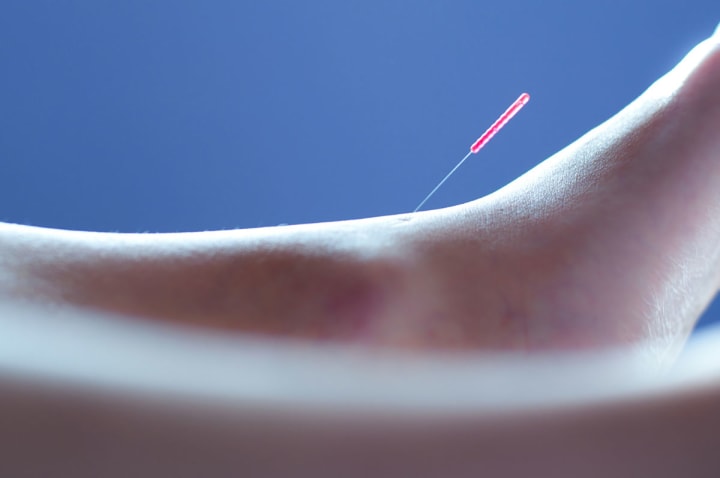
Researchers initially derived the heart drug Digitalis from the foxglove plant. Such treatments give us inventive ways to deal with ailments, and some may offer less adverse effects plus customary alternatives. Many alternative medicines actually lead to the development of medications that work their way into the mainstream.
If It's Natural, It Must Be Good for You

Photo by Chris Owens
This myth is busted by common sense. Consider it: Lead and mercury are natural, as are numerous assortments of molds and fungi; However, they would all be able to make us genuinely sick or even kill us. Though numerous organizations guarantee their item is natural with a specific end goal to persuade us that it's safe, we should do our research and consult our health-care suppliers to make sure that the medications we're ingesting or the techniques we're utilizing are safe.
Alternative Medication Is Not Misconstrued
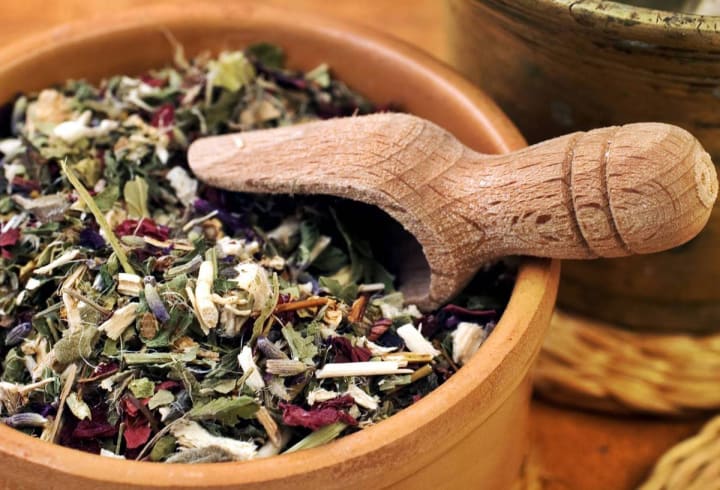
It is regularly asserted that "Big Pharma" smothers proof to keep back "poor alt-med." However, medicinal reality can often find the light of day, regardless of efforts to hide it. Alternative medicine is often explored as a means to an end by big pharma, as a way to find ingredients for traditional medications that are in development.
Regardless of which alternative medicine myths we're presented with throughout our lives, we must do our own due diligence to make sure we are not functioning under false assumptions. We should be supporters of our own wellbeing and health, and that requires self-education.
About the Creator
Mackenzie Lu
Namaste. Active yogi and life enthusiast. It has become her mission to spread the benefits of having the mind, body, and soul in tune with one another.
Enjoyed the story? Support the Creator.
Subscribe for free to receive all their stories in your feed. You could also pledge your support or give them a one-off tip, letting them know you appreciate their work.






Comments
There are no comments for this story
Be the first to respond and start the conversation.